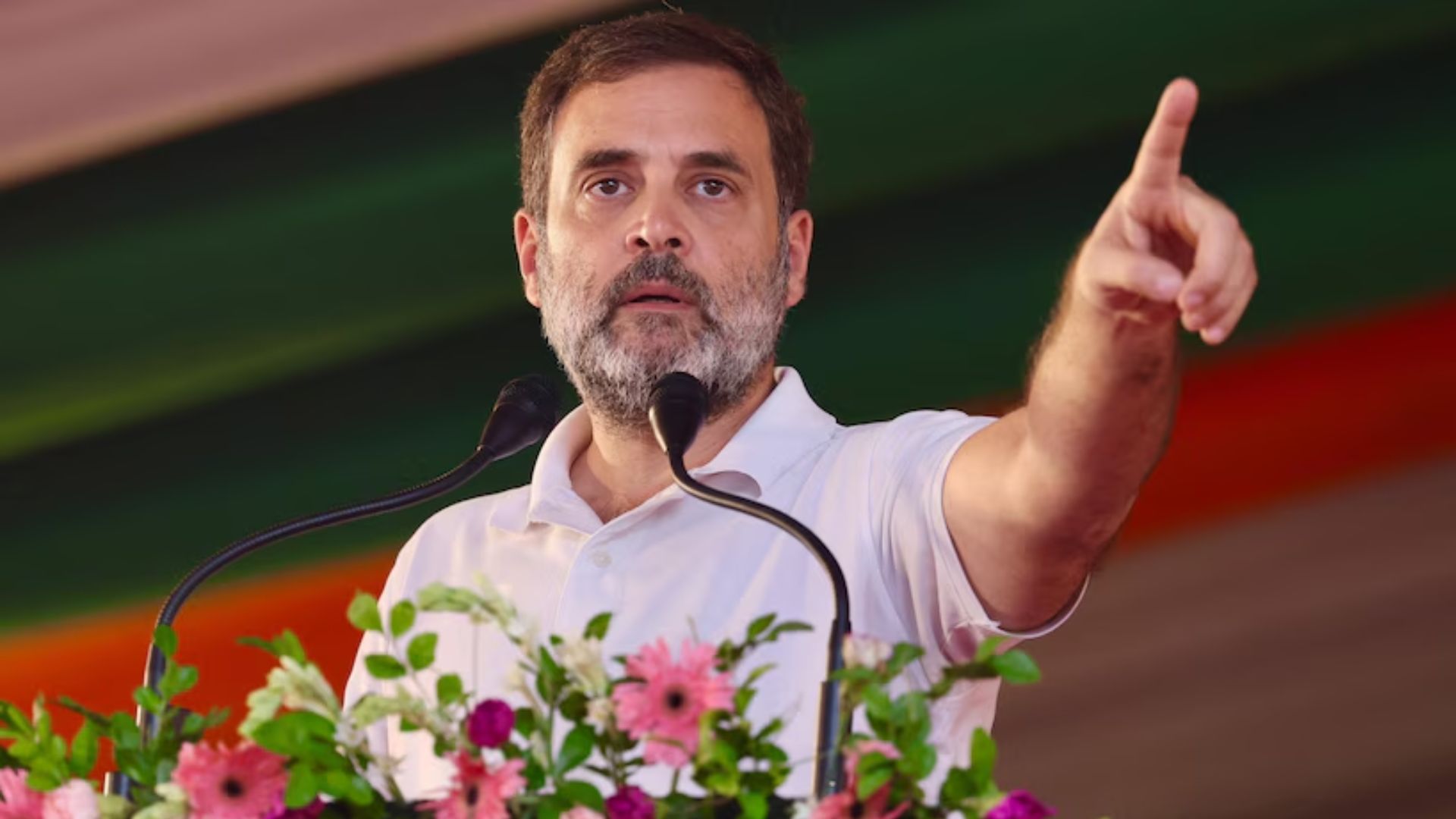NEW DELHI: Rahul Gandhi asserts leadership as Leader of Opposition, faces challenges in alliances and upcoming state elections amidst political rejuvenation.
Rahul Gandhi has officially taken charge as Leader of the Opposition, dispelling speculation and affirming his readiness to shoulder responsibilities, including potential prime ministership. The move underscores Congress’s message to the opposition, solidifying Rahul’s leadership despite dissent within the United Progressive Alliance (UPA).
While Trinamool Congress initially opposed Rahul’s leadership, recent developments indicate a shift in strategy following strategic decisions during the Speaker’s election in the 18th Lok Sabha. Rahul’s leadership decisions have influenced the Indian National Developmental Inclusive Alliance (I.N.D.I.A), despite Mallikarjun Kharge’s formal position.
Looking ahead, Rahul faces challenges in aligning strategies with parties like TMC and Shiv Sena, particularly in Maharashtra where seat-sharing negotiations loom amidst upcoming state elections. Issues like reservation policies and constitutional matters remain focal points for Congress’s political agenda.
During the first week of the 18th Lok Sabha, Rahul Gandhi was actively seen making decisions as the leader of the opposition. However, his decision regarding the election of the Lok Sabha Speaker has raised some questions. This decision, perceived as hasty, led to differences within the I.N.D.I.Alliance. The TMC expressed its displeasure and demonstrated its influence by opposing the vote, resulting in Om Birla being elected Speaker by voice vote. Sources indicate that TMC sought consensus, but Rahul unilaterally decided to field K Suresh.
Rahul Gandhi will face a crucial test in the upcoming state elections. While there are no major issues with alliances in most states, negotiating seat sharing in Maharashtra will be challenging.
Rahul has focused on the Constitution and NEET as key issues in the 18th Lok Sabha, considering the states going to the polls. The government’s emphasis on the Emergency has complicated matters for Congress, but it is unlikely that Congress will drop the Constitution issue. The speeches by Congress leaders during the President’s address will reveal their future political strategies. It is clear that if Congress attacks the government on the Constitution, the government will respond with the Emergency.
Rahul and the opposition appear to be promoting reservation politics under the guise of the Constitution. There is no doubt that reservation and caste politics contributed to the seats won by Congress and the opposition in the Hindi belt. However, they must also recognise that BJP’s poor strategy and internal sabotage provided them an opportunity to win, especially in Rajasthan and Uttar Pradesh. Internal sabotage was a major factor in BJP’s defeat in these states. The election results in these two states not only prevented the BJP from securing a majority but also strengthened the Congress alliance.
Despite past electoral setbacks, Rahul’s recent assertiveness signals a rejuvenated approach, overshadowing calls for leadership change within Congress. Meanwhile, Priyanka Gandhi’s anticipated entry into the Lok Sabha and ongoing critiques of the Modi government add another dimension to Congress’s evolving dynamics under Rahul’s leadership.

